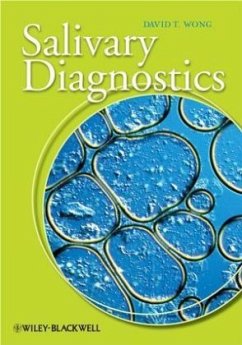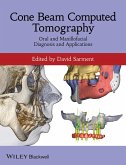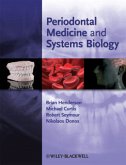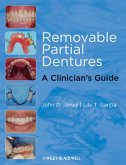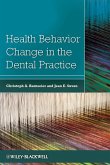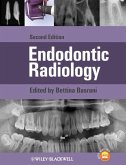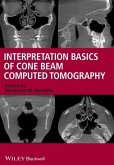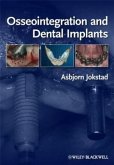Salivary Diagnostics surveys one of the most exciting areas of research in oral biology. Regarded as the mirror of the body, saliva has immense potential to yield real clinical improvements in our ability to diagnose, and hence treat, oral and systemic conditions. The composition of saliva and other oral fluids reflect the tissue fluid levels of therapeutic, hormonal, and immunological molecules, as well as the presence of markers for systemic and oral disease.
Salivary Diagnostics describes the nature of saliva, and the basis for its usefulness as a diagnostic fluid. The book then goes on to survey and review the field of research, moving on to detail the development of current technologies and the deciphering of the human salivary proteome. Saliva Diagnostics will be essential to researchers in this field, oral biologists, and pathologists, as well as physicians and dentists and those involved with laboratory diagnostics in an academic and commercial setting.
Salivary Diagnostics brings together the leading experts in the field under the aegis of a luminary editor. This book represents an unparalleled guide to the academic, scientific, clinical, and commercial applications of saliva as a diagnostic fluid.
Hinweis: Dieser Artikel kann nur an eine deutsche Lieferadresse ausgeliefert werden.
Salivary Diagnostics describes the nature of saliva, and the basis for its usefulness as a diagnostic fluid. The book then goes on to survey and review the field of research, moving on to detail the development of current technologies and the deciphering of the human salivary proteome. Saliva Diagnostics will be essential to researchers in this field, oral biologists, and pathologists, as well as physicians and dentists and those involved with laboratory diagnostics in an academic and commercial setting.
Salivary Diagnostics brings together the leading experts in the field under the aegis of a luminary editor. This book represents an unparalleled guide to the academic, scientific, clinical, and commercial applications of saliva as a diagnostic fluid.
Hinweis: Dieser Artikel kann nur an eine deutsche Lieferadresse ausgeliefert werden.

